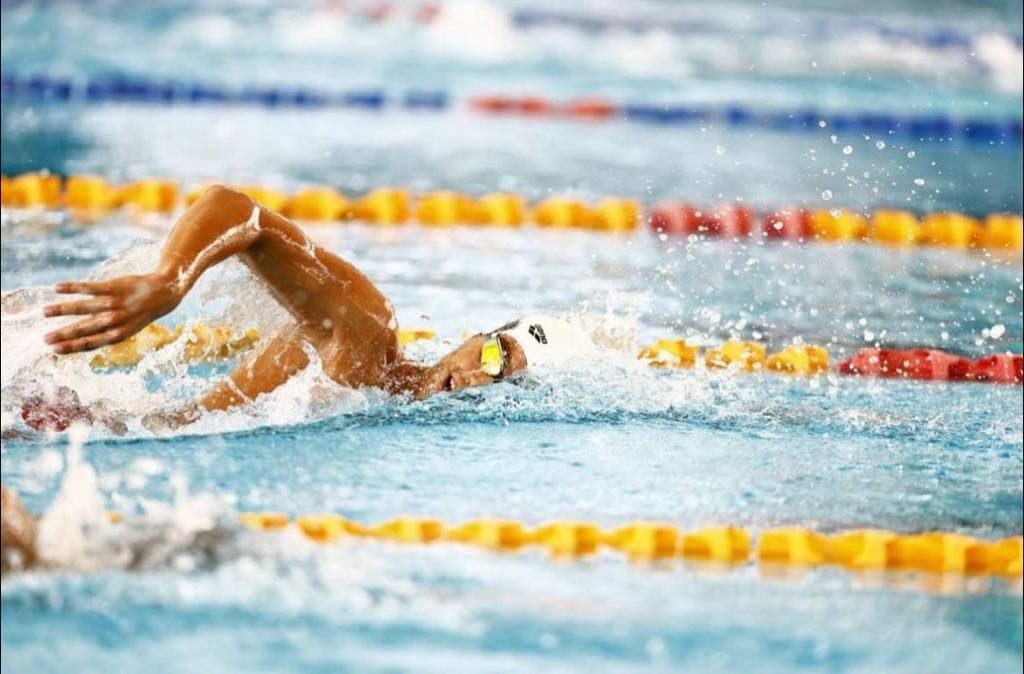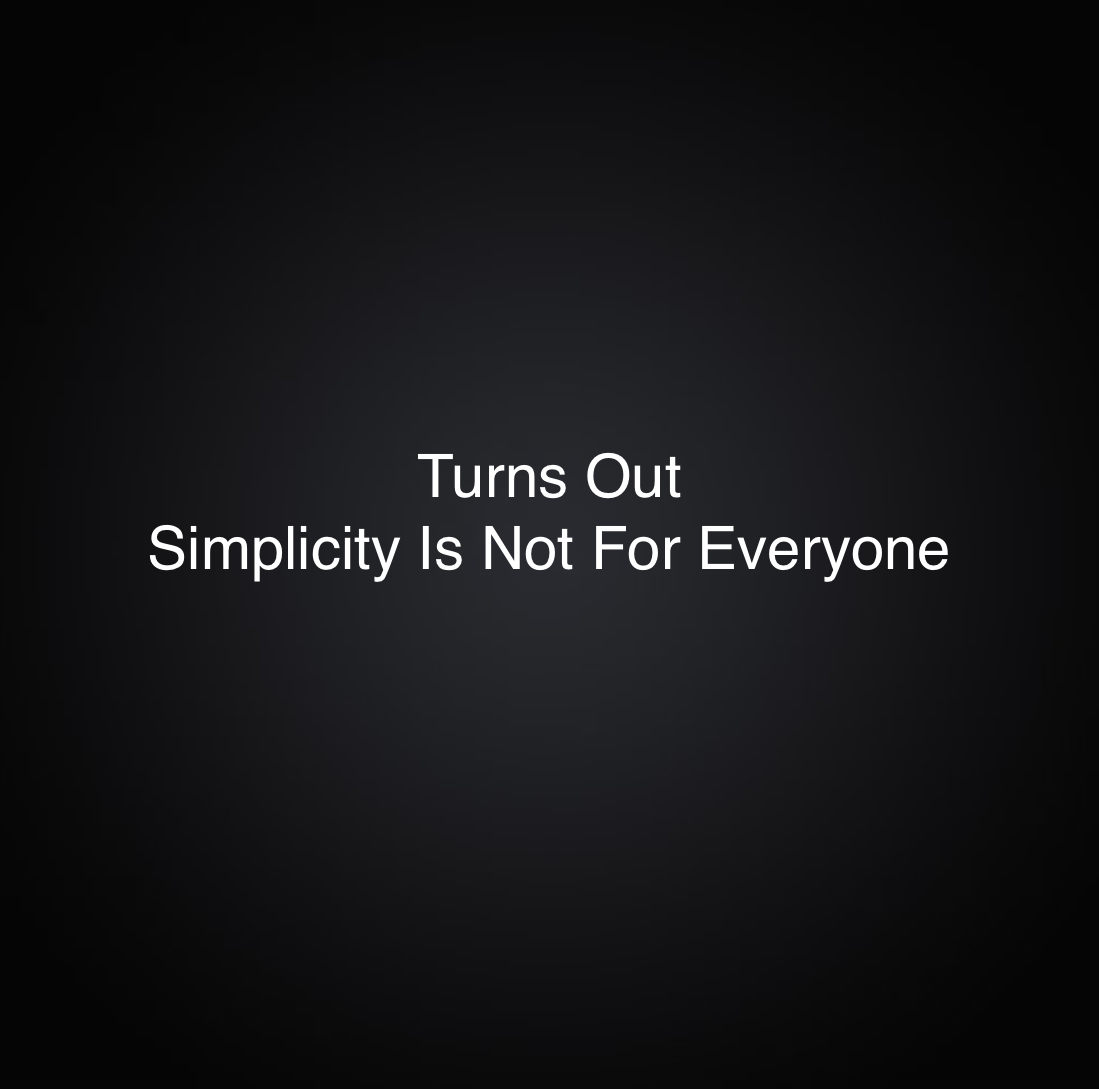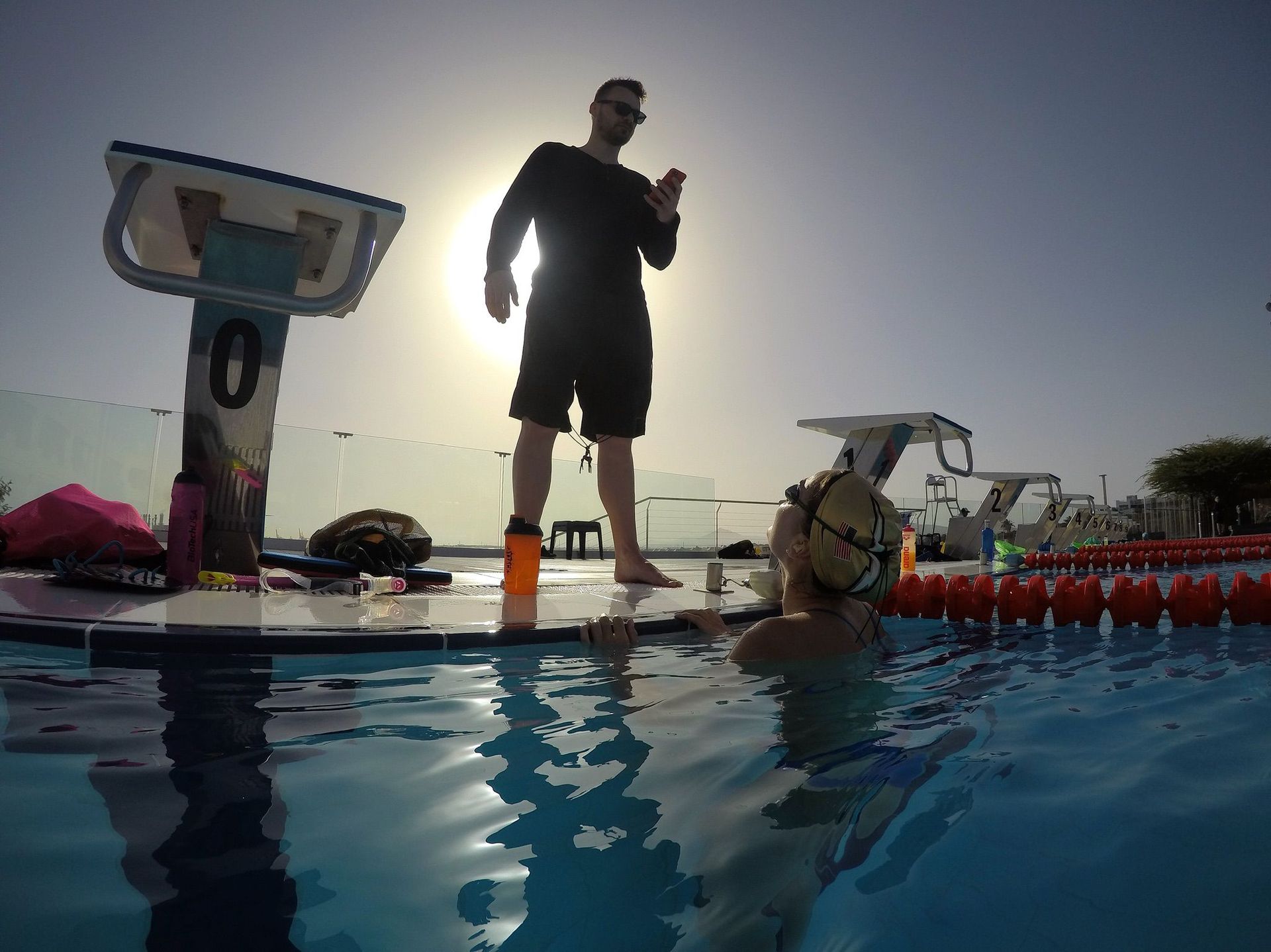From Stagnation to National Records: Ali’s Transformational Journey
Ali's Story

When Ali first came to me, he had been stuck in a rut—two years of stagnation where his progress as a swimmer had been on a plateau. He had all the raw talent, dedication, and passion for the sport, but something was missing. He knew he needed something to push him forward, and that’s when he decided to join the Hero Division.
But little did Ali know, his journey would become more than just about swimming. It would become a transformation of his entire approach to life, athletics, and his future as a coach himself.
The Initial Struggles: Two Years of Stagnation
Ali’s story is one that many athletes can relate to. After a period of rapid progress, things seemed to come to a halt. His times weren’t improving, and despite putting in the hours and meters of training, he felt he wasn’t getting closer to his potential. That’s when he reached out for help.
At first, Ali saw my background—my performance as a coach—and thought that my expertise could help him break through. But what truly surprised him was what happened next. When we spoke, it became clear that our relationship would go beyond just technique and performance.
Yes, I knew how to improve his swimming, but the key was realizing that swimming isn’t just about the body; it’s about the mind, the heart, and the decisions you make, both in and out of the pool.
A Personalized Approach: More Than Just Technique
From the very first session, I knew Ali was ready for something deeper. It wasn’t just about his strokes or splits—it was about understanding him as an individual, his goals, his challenges, and his mindset. We dove into a tailored program that focused not just on his technique, but on every aspect of his swimming journey. This included mental conditioning, refining his decision-making skills, and fostering a sense of purpose and accountability in everything he did.
Ali’s transformation wasn’t instant, but it was powerful. In just 8 weeks, his times started to improve dramatically. Through personalized, focused training, we addressed the root causes of his stagnation—weaknesses in technique, pacing strategy, and even mental hurdles. We also worked on his confidence, shifting his mindset to one of constant growth and learning.
Record-Breaking Results: A New Chapter Begins
The real breakthrough came during the Malaysia Open Championships in May 2024, a pivotal event for Ali in his swimming career. Competing against some of the best swimmers in the region, Ali surpassed his previous limits in stunning fashion.
He not only dropped his personal bests but shattered two Iranian National Records:
• 400m Freestyle: 3:58.10
• 1500m Freestyle: 16:06.66
These performances didn’t just reflect improved swimming technique—they were a testament to Ali’s transformation as a whole. It was about mindset, about committing fully to the process, and about trusting in the training, the coaching, and most importantly, himself.
The Bigger Picture: Growth Beyond Swimming
While these achievements were monumental in their own right, what stood out to me the most was Ali’s personal growth. During our time together, it became clear that he was developing into not only a better athlete but also a more thoughtful and aware person. Ali began to see the value of coaching from both perspectives—both as a swimmer and as someone who aspires to coach in the future.
His ability to assess his decisions, his reflection on his actions in and out of the pool, and his commitment to learning and growing are all attributes that will make him an exceptional coach one day. It was no longer just about swimming for Ali—it was about how to improve as a person, a leader, and a mentor.
The Takeaway: The Power of a Holistic Approach
What Ali’s story highlights is something I’ve always believed in: achieving success isn’t just about improving one area of your performance. It’s about a holistic approach—mental, physical, and emotional. A great coach doesn’t just fine-tune your strokes; they help you navigate the bigger picture of your life and your career. They help you make decisions that will impact not just your athletic future, but your personal growth as well.
In Ali’s case, his progress was immense—not only did he break national records, but he also became a stronger, more confident individual. He learned that being a successful athlete is as much about your decisions outside the pool as it is about your actions in it.
Ali’s journey is a perfect example of what can happen when an athlete is willing to open themselves up to growth and change. With dedication, the right mindset, and a coach who truly cares about their well-being, anything is possible. For Ali, the sky’s the limit, and I can’t wait to see where his future takes him—both in the pool and beyond.
As a coach, there is no greater satisfaction than witnessing the success of an athlete like Ali, who not only achieves incredible results but also becomes a better version of themselves. His journey is a reminder that performance isn’t just about what happens on race day; it’s about how you approach every day in the pool and in life.



